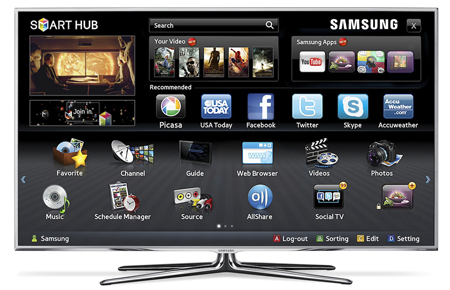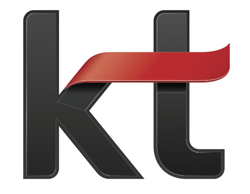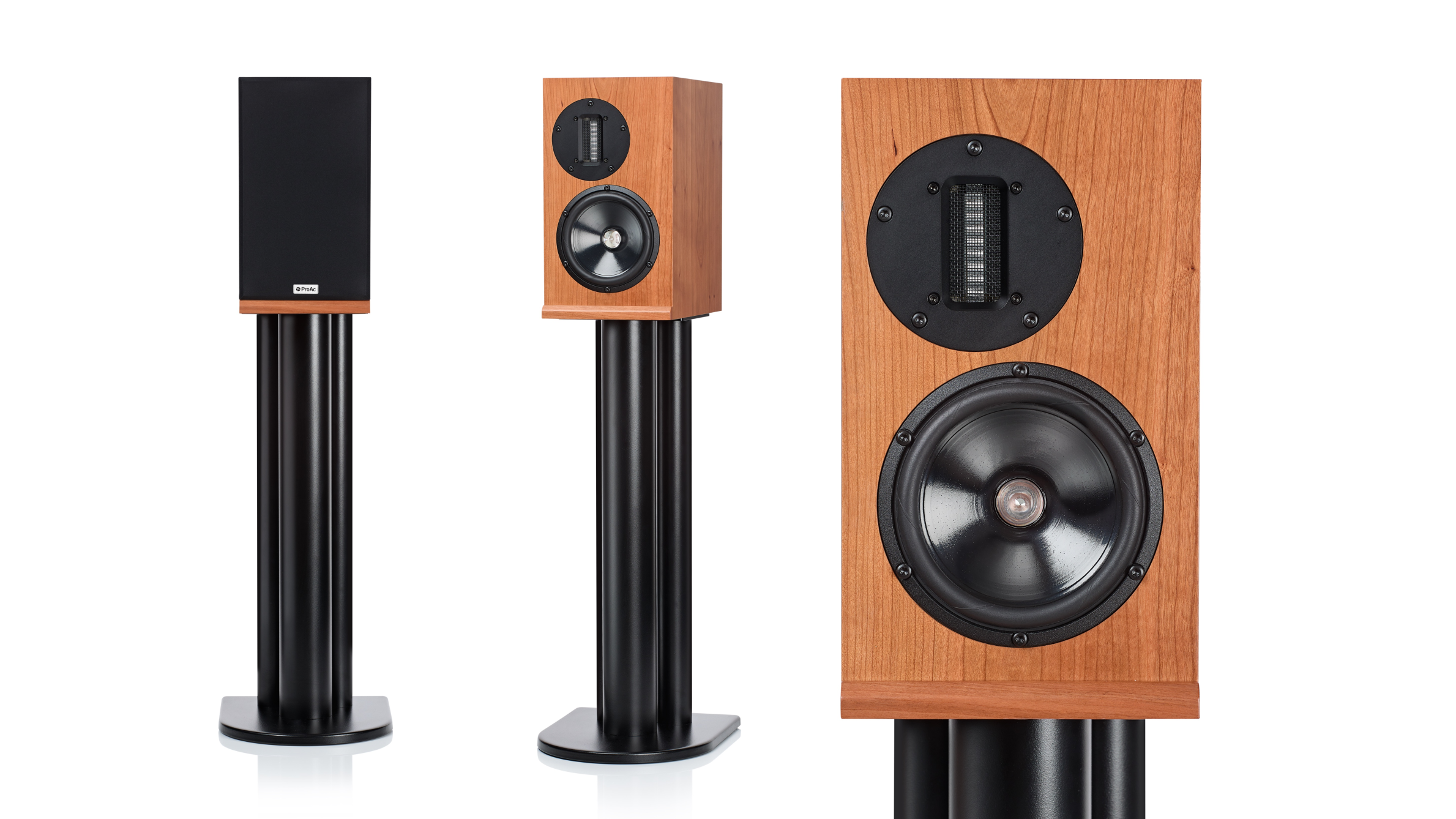KOREA: Leading broadband provider throttles 'data-hungry' Samsung Smart TVs
Korea Telecom to restrict internet access by connected TVs, stopping them from downloading and running apps, and streaming

The latest hi-fi, home cinema and tech news, reviews, buying advice and deals, direct to your inbox.
You are now subscribed
Your newsletter sign-up was successful

While TV companies are betting on smart TVs being the next big thing, a move by Korea's leading broadband provider is likely to send some shivers through their product-planning departments.
Korea Telecom, or KT, has just announced that from today it will be restricting internet access by Samsung's Smart TVs, removing their ability to download and run apps, and curtailing streaming.
The company says that the TVs, which provide internet access as well as content streaming over home broadband connections 'use internet networks without permission', and that its decision 'was was inevitable in order to protect Internet users and keep market order.'
The move comes after months of negotiations between KT and the makers of smart TVs have failed to reach agreement concerning the huge demands such TVs can put on the country's data networks.

Almost 3m smart TVs by next year
KT's research shows that the new-generation smart TVs use up to 15 times as much data as older internet-connected IPTVs, and that the installed base of smart TVs in Korea is expected to triple from its current level of over 1m to 2.93m sets by 2013.
Its expectation is that the amount of data traffic used by smart TVs will be four times greater in 2013 than it was in 2010.
The latest hi-fi, home cinema and tech news, reviews, buying advice and deals, direct to your inbox.
The director of KT's smart network policy team, Kim Hyo-sil, says that 'Smart TVs are comprehensive entertainment devices that receive high-resolution content like high-definition and 3-D videos for a long period of time.
'So compared to IPTVs [Internet Protocol TVs], they consume five to 15 times more data and, in the case of real-time streaming, hundreds of times more data.'
Broadband slowdown
KT is concerned that the data-hungry TVs could eventually cause its existing internet users to suffer, and quotes research that they will monopolise its networks, slowing speeds for average users to less than half a percent of current capability.
The company says it can shut off circuits used by the TVs to access app stores and run applications including streaming.
However, with those capabilities cut off, the new smart TVs have little to offer over earlier internet TVs, providing little more than surfing alongside broadcast over-the-air TV.
As ever, some of the root of the dispute is financial: Korea's three major broadband providers – KT, SK and LG U+ – think that the makers of smart TVs should be charged according to the amount of network capacity their products use.
There's also the small matter of KT having its own IPTV service: called Olleh, it provides TV and movies to subscribers over broadband networks – services which would be impacted by the predicted huge growth in Smart TV sales.
Samsung fights back
But Samsung has reacted angrily to KT's move: in a statement it said the action was 'is in violation of the principle of network neutrality, which says that Internet service operators should not discriminate between Internet traffic.
It has called for 'an objective verification into [KT's] allegations that smart TVs cause excessive data traffic,' and has filed an injunction with a Korean court aimed at halting KT's policy, which took effect at 9am today Korean time.
Samsung says that has been 'participating in discussions organised by the Korea Communications Commission to address issues regarding network neutrality since last year, and all parties agreed to hold this year’s first meeting for smart TVs on Feb. 15.
'KT’s position was that [we] must pay for smart TVs’ Internet network usage, and our position was that the matter needs to be negotiated after the KCC sets its policies for network neutrality. KT’s abrupt measure hurts customers’ rights to use the network in a nondiscriminatory way.'
KT has responded that its restriction only affects Samsung TVs, as it's currently in talks with LG regarding payments for network usage.
It says 'As Samsung said it will not negotiate, we have decided to restrict access of its smart TV applications to our Internet networks.'
...And Korea has the world's best broadband
This move by KT is likely to give some cause for concern in other countries, where smart TV uptake is growing: after all, Korea is known to have one of the world's most advanced broadband infrastructures.
It has more ADSL internet connections per head of population than any other country, and also leads in the penetration of VDSL connections, capable of speeds of up to 100Mbps – the kind of speeds only now becoming available in the UK. Some providers are already experimenting with speeds of up to 1Gbps.
Over 50% of all Koreans have broadband access, the country moved completely from dial-up to broadband seven years ago, and its system is acknowledged as the fastest and least expensive in the world.
The latest State of the Internet report from analyst Akamai says that average speeds in Korea are 16.7Mbps, compared with 5.1Mbps in the UK.
Andrew has written about audio and video products for the past 20+ years, and been a consumer journalist for more than 30 years, starting his career on camera magazines. Andrew has contributed to titles including What Hi-Fi?, Gramophone, Jazzwise and Hi-Fi Critic, Hi-Fi News & Record Review and Hi-Fi Choice. I’ve also written for a number of non-specialist and overseas magazines.
